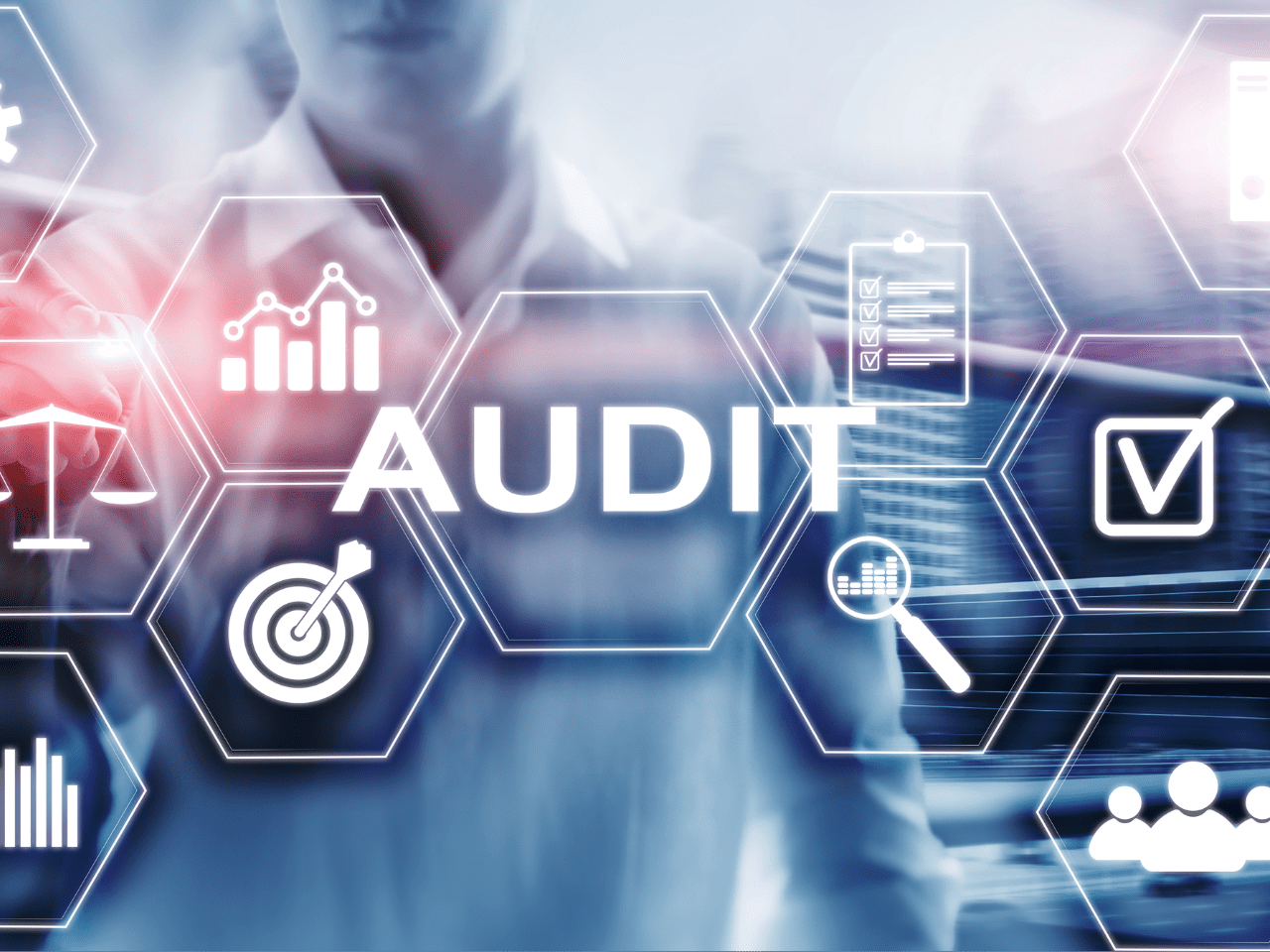The world is facing huge challenges, from the climate emergency through to political upheaval and societal shifts; it is a landscape fraught with uncertainty and ever-increasing scrutiny of businesses and their conduct. Reliable Environmental Social and Governance (ESG) data and informed insight has never been more important for companies as they navigate post-pandemic global markets, ensuring that their brand is protected from risk.
Environmental, Social and Governance (ESG) has become a key part of the picture amid growing scrutiny on corporate performance; businesses are expected to play their part to tackle the many challenges society is facing. Larger firms must now report their ESG rating, complete with their commitments to continual improvement, and many smaller companies are also voluntarily choosing to be transparent on how they square up.
ESG data is clearly a major concern for businesses of all sizes, with huge investments being made to ensure sound governance, demonstrate social responsibility and meet sustainability expectations.
For businesses with large and complex supply chains, it’s vital that suppliers and partners are also striving for best practice. Reliable ESG data and knowledgeable insight have never been more crucial.
Exposing hidden risks
The supply chain is an area of potential vulnerability for many companies. It carries a huge amount of risk, potentially exposing brands to hidden, often very serious issues that could negatively impact their ESG performance. From and poor working conditions through to corruption and environmental offences such as illegal waste disposal, there is a host of risks to be mitigated.
Failing to grasp potential issues within the supply chain could have a negative impact on a business very quickly – both financial and reputational, with the risk of partners looking to distance themselves from the brand for fear of being dragged into the mire. It could also affect future investment potential.
Transparency is vital
Research from PWC revealed that almost 80% of companies felt Environmental, Social and Governance (ESG) is an important factor in their investment decision-making, almost 70% believe ESG should factor into executive compensation targets, and 50% would divest from companies that failed to take sufficient action on ESG.
In order for a business’ ESG strategy to be successful – and devoid of greenwash – it’s clear that a business’ supply chain must be completely transparent, with ESG at its heart.
Software business Coupa found that almost 95% of businesses agree that accurate ESG data from their suppliers is important to understand risk, while 61% reported that data on their suppliers’ ESG credentials is not sufficiently available. Furthermore, 73% felt that they lacked the technological capability to fully assess ESG risk and compliance of Tier 1 and Tier 2 suppliers. 77% reported that it would take weeks or even months to find new suppliers that meet ESG standards.
Yet building and managing an ethical, sustainable supply chain needn’t become an impossible task.
Making the impossible, possible
We can make supply chain transparency a reality, helping businesses to build and manage an honest, transparent supply chain with ESG at its heart.
At Achilles, our expert team and technology can unlock the financial, operational and reputational benefits of building and working with responsible supply chains, working with businesses to ensure that their network is reflective of its own brand, its values and, crucially, meeting expectations across governance, sustainability and social purpose.
Businesses can rest assured that their supply chain is environmentally sound, socially responsible and well-governed, free from poor labour practices and illegal activity.
So, what should businesses be thinking about when reviewing their supply chain, and what should an ESG compliant procurement strategy look like?
Building a sustainable supply chain
Sustainability within the supply chain continues to be a focus, with a report by McKinsey revealing it to be a top priority for C-Suite executives given its impact on an organisation’s overall carbon footprint.
Businesses must be able to demonstrate their performance on sustainability, including where they square up against competitors, satisfying compliance as well as maintaining investor confidence.
The research from Coupa Software demonstrated UK business’ commitment to improving ESG performance where sustainability is concerned, with 94% keen to improve energy efficiency, 93% focused on reducing greenhouse gas emissions and 86% focusing on reducing deforestation.
There are several key objectives for businesses to build a sustainable supply chain, including working only with those who publish carbon and sustainability performance reports, limits harmful pollutants and chemicals, is actively seeking to lower greenhouse gas emissions and which use renewable energy sources.
Other ESG-related strategies could be to work only with companies who source raw materials in a renewable, non-destructive manner, or which utilise environmentally friendly logistics operations wherever possible.
Socially responsible supply chains
Ethics has never been more important – a business that is found to be working with a supplier or partner that breaks established moral standards and consistently fails to do the right thing has the potential to create a tsunami of discontent, sending shockwaves throughout an entire supply chain. Companies have never been more aware of the risks posed by potentially questionable entities and are acting quickly when issues are raised.
An ethical supply chain should be devoid of poor working practices, paying fair wages and providing acceptable working conditions for all its employees. It will also uphold LGBTQ rights and actively encourage diversity.
Upholding good governance across the supply chain
Governance within a business’ own four walls is straightforward to achieve – however, for those companies with large supply chains, it can be more challenging to ensure that the entire operation from start to finish is devoid of poor labour practice or illegal or unethical treatment of workers.
Director conduct also plays a significant role; businesses must take care to associate only with those companies led by executives who hold themselves to the highest standards, while taking a forward-thinking approach to the way that the business is run – and the diversity of the Board and its senior leadership team.
Corporate transparency should be a key attribute of any business playing a role in the supply chain. ESG considerations and any concerns should always be discussed during the procurement process.
Sustainable procurement for a better, more successful business
At Achilles, we know that sustainable procurement – and building an Environmental, Social and Governance (ESG) – compliant supply chain – is a major challenge; our own research revealed that the most common issue in sustainability management is the limited number of suppliers with high enough standards. We can support your business in easing any issues with sustainable procurement, helping to take the pain out of the process.
With Achilles, businesses can ensure that their ESG data and performance is strengthened by its supply chain, protecting its brand, limiting risks and allowing the management team to focus on driving growth.


